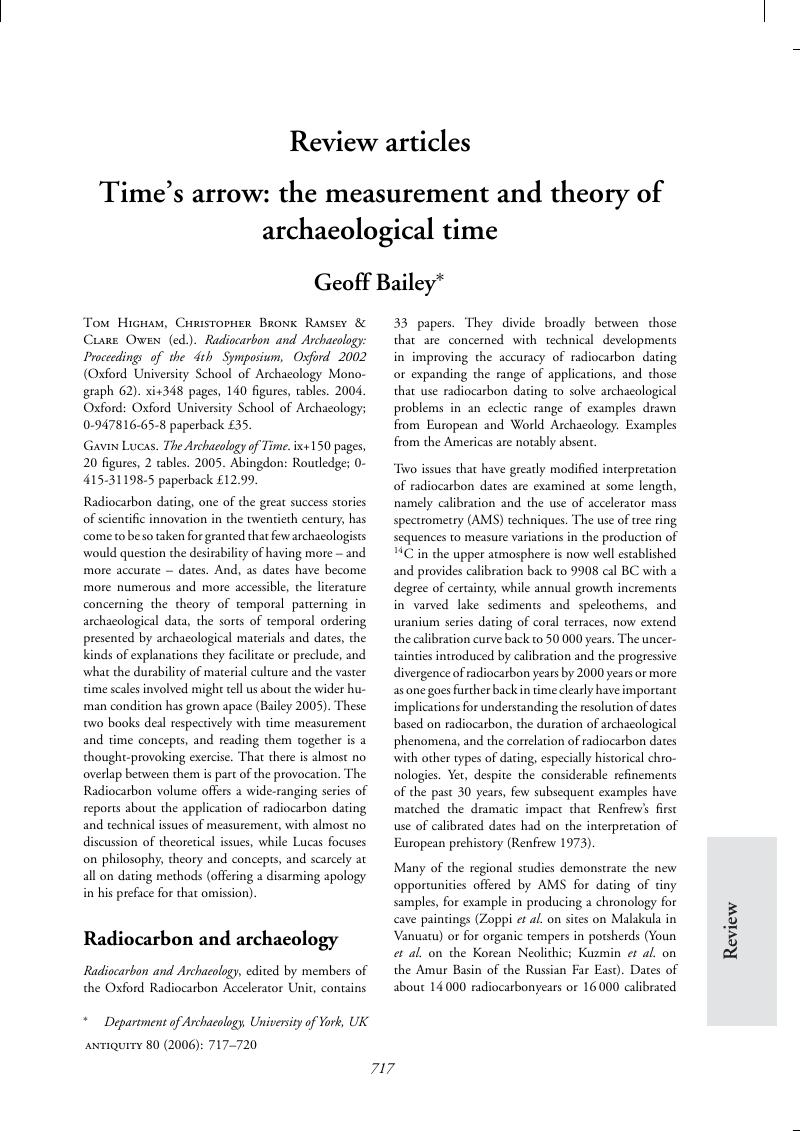Crossref Citations
This article has been cited by the following publications. This list is generated based on data provided by Crossref.
Olszewski, Deborah I.
and
al-Nahar, Maysoon
2016.
Persistent and ephemeral places in the Early Epipaleolithic in the Wadi al-Hasa region of the western highlands of Jordan.
Quaternary International,
Vol. 396,
Issue. ,
p.
20.



